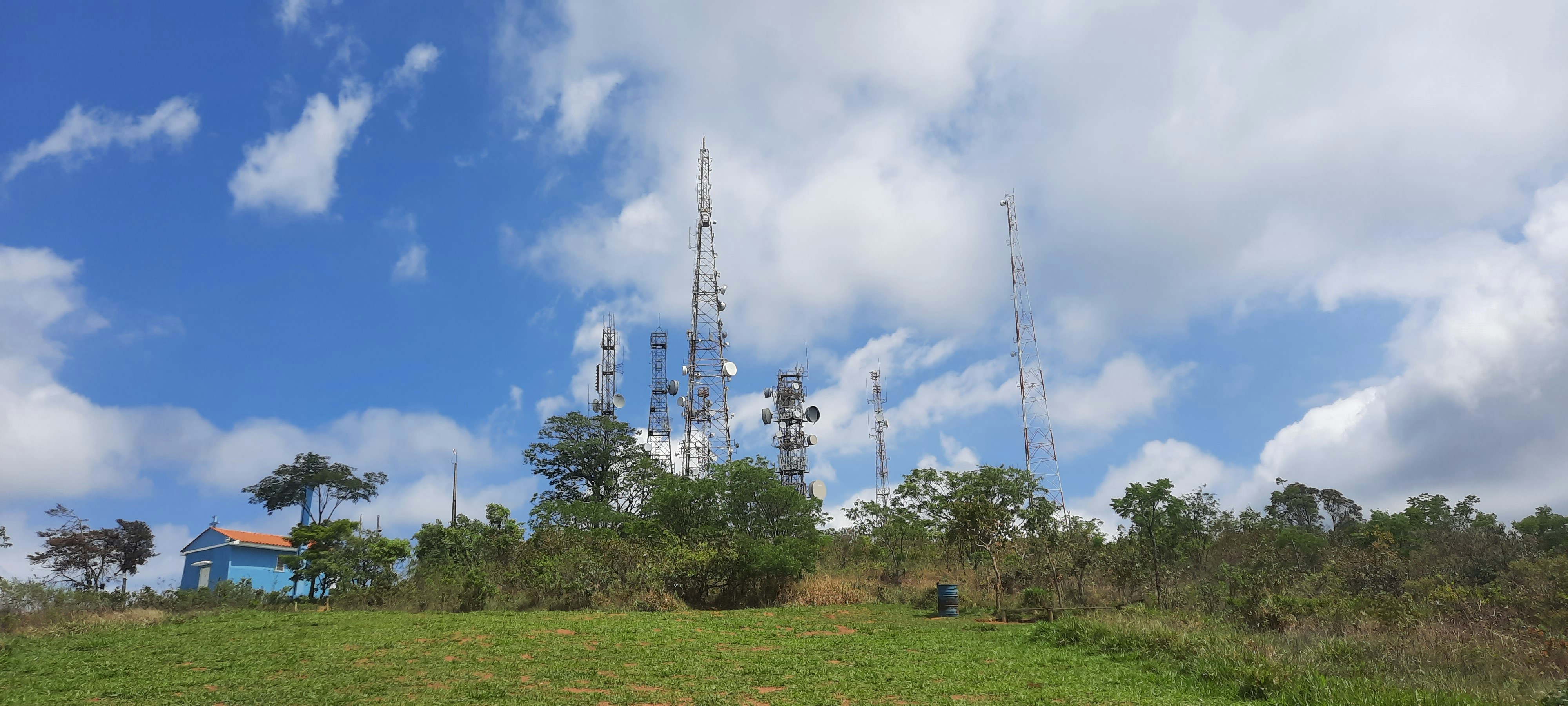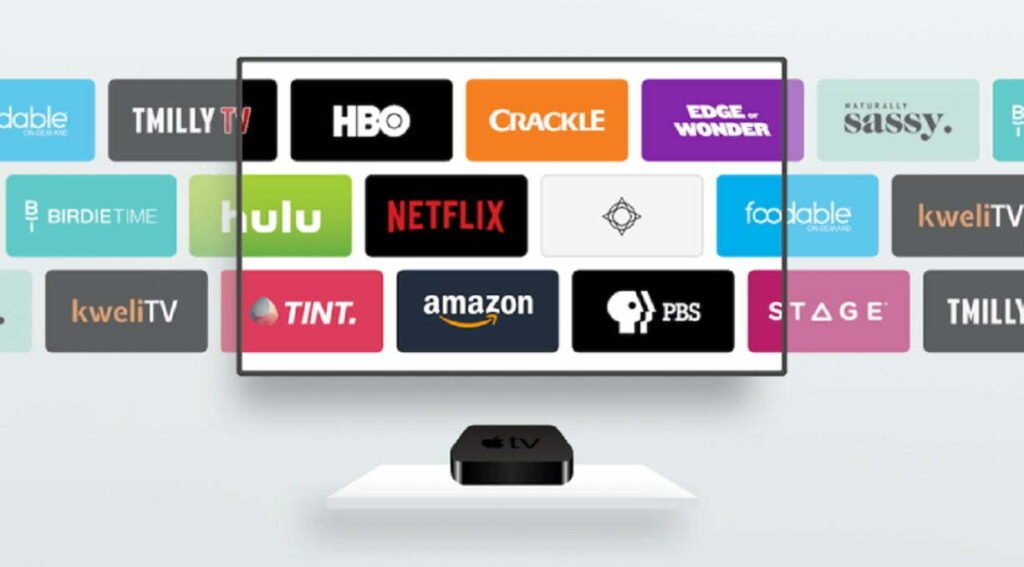The issue of creating a regulatory framework for the OTT platform was raised to TRAI in November 2018, at which time there was a discussion in the matter and the industry was asked for an opinion on several issues in the case.
The Telecom Regulatory Authority of India (TRAI) has rejected the demand to bring the OTT platform under the new rule-of-law. TRAI said on Monday that new rules-laws are not required for the OTT platform at present. In such a situation, a regulatory framework will not be created for the OTT platform by TRAI with immediate effect. The regulator said that if it feels the need in the future, then a regulatory framework will be made on this matter.

Impact on mobile network earnings
TRAI clarified that the matter will be considered afresh when the International Telecommunication Union (ITU) submits its report on the OTT platform and there will be more clarity on the OTT platform in the International Court of Justice. Explain that there was a demand from the mobile operators to create a regulatory framework for the OTT platform before the TRAI and the government. Mobile operators believe that OTT companies do not come under the purview of any rule law and provide all types of services to customers free of cost from their own network. This has an impact on the earnings of the mobile network.
No need to create atmosphere against OTT
TRAI said that at present, there should be no interference by creating a framework on the issue of privacy and security related to OTT service. TRAI said in its statement that it is not right to propose to create a regulatory framework for OTT service separate from the existing rule law. TRAI said that it should not be taken as a chance against OTT service.
TRAI said that the issue of creating a regulatory framework for OTT service was raised in November 2018, at which time there was a discussion in the matter and the industry was asked for an opinion on a number of issues in the matter. TRAI admitted that there was a lot of similarity between the issue of the telecom service provider and OTT service.

It also said that no regulatory intervention is required in respect of issues related to the privacy and security of OTT services at the moment. “It is not an opportune moment to recommend a comprehensive regulatory framework for various aspects of services referred to as OTT services, beyond the extant laws and regulations prescribed presently,” it said.
It further added that the matter may be looked into afresh when more clarity emerges in international jurisdictions, particularly the study undertaken by International Telecommunication Union-Telecommunication Standardisation Sector (ITU). Mobile operators have been asking the regulator and the government for regulations of such OTT companies as the latter are free riders on their network that affect the revenues as these OTT are offering similar services.

In March 2016, the Department of Telecommunications (DoT) had sought the recommendations of the TRAI related to net neutrality and OTT services, and based on that the TRAI has done various consultations to bring out some solutions. During the consultations, TRAI observed that issues such as related to interoperability may not be mandated among OTTs and should be left for market forces.
Regarding the interception of OTT communication services, some stakeholders commented in favor and submitted that OTT service providers collect and store personal information of the end-users in their data servers located abroad, which, in turn, is leading to issues and dangers relating to data protection and national security.




